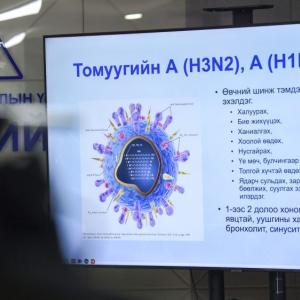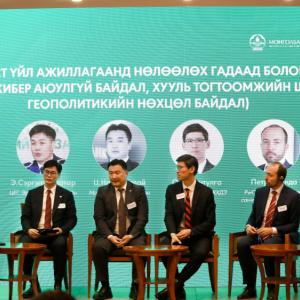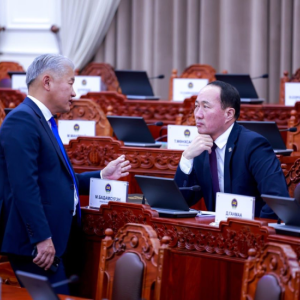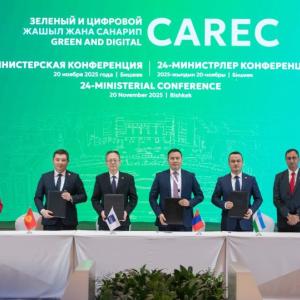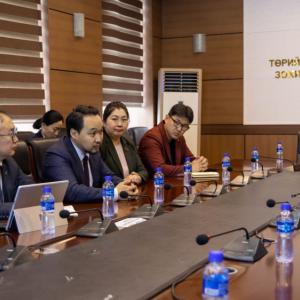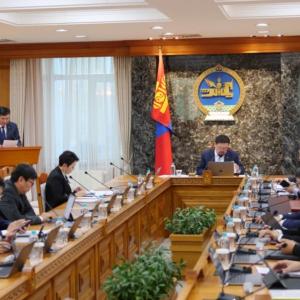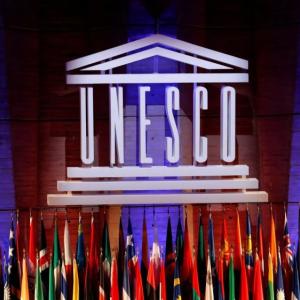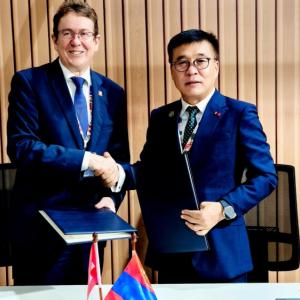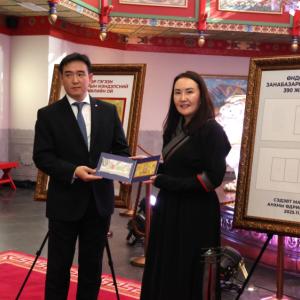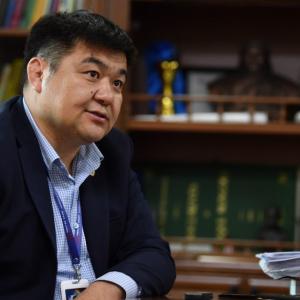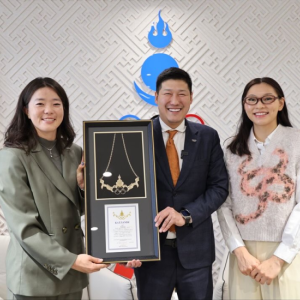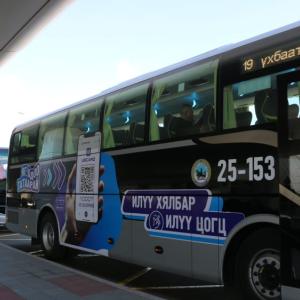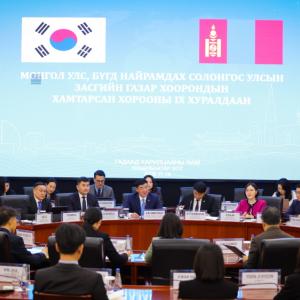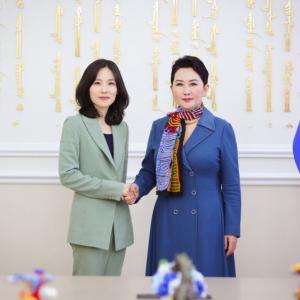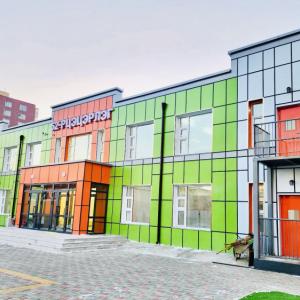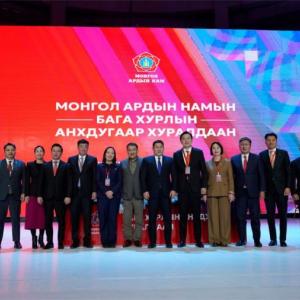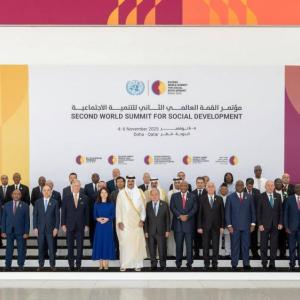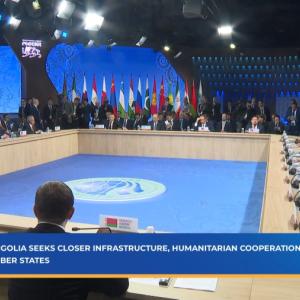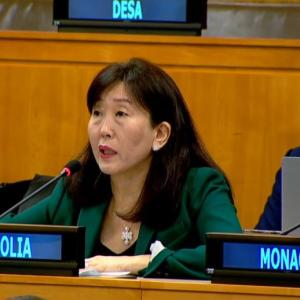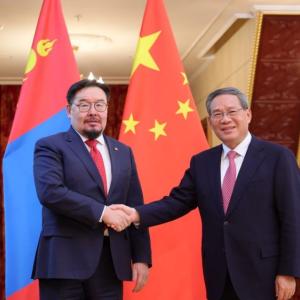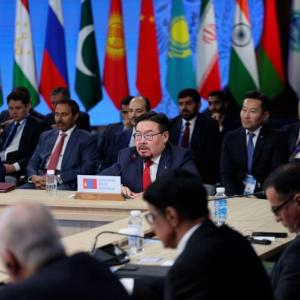E-Visa Issuance to Visit Mongolia Increases Threefold
Society
Ulaanbaatar, November 8, 2024 /MONTSAME/. Since 2021, over 700 thousand foreigners have been issued visas to visit Mongolia through an electronic visa system. Specifically, in the first 10 months of this year, a total of 84744 overseas citizens were issued e-visas in four categories, which is 3.2-fold higher compared to the same period last year.
Minister of Justice and
Internal Affairs Altangerel Oyunsaikhan worked at the Immigration Agency of Mongolia to get acquainted
with its operations and hold a meeting on November 4, 2024. Director General of
the Immigration Agency of Mongolia Uuganbayar Nergui provided information on
the agency’s structure, issuance of visas and residence permits, the operation
of the integrated electronic service system, implementation of laws, and the agency’s
plans.
Issuing visas in electronic form allows for a quicker application process and eliminates the need to visit the embassy or consulate, saving both time and expenses. Within the framework of the tourism promotion policy implemented by the Government of Mongolia, four categories of visas (tourism-K2, participation in cultural and sports competitions-K4, transit-K6, work and holiday visas for Australians-K7) have been issued electronically to citizens of 99 countries since 2021.
To streamline the visa issuance process for
foreigners visiting Mongolia for official or personal reasons, as well as for
temporary residence, the Government of Mongolia amended the visa regulations by
Resolution No. 107 of 2024.
Starting last month, the 54-category visas are being
issued upon the request of the inviter, similar to the visa approval process.
The inviter of the foreign citizen can apply for a visa directly through the
immigration.gov.mn/en/ system.
At the end of the meeting, the participants exchanged views on pressing issues facing the agency and actions to be taken. Minister of Justice and Internal Affairs Altangerel gave instructions to focus on ensuring information security, conducting studies in the field of immigration, and streamlining scientific and research work.

 Ulaanbaatar
Ulaanbaatar









